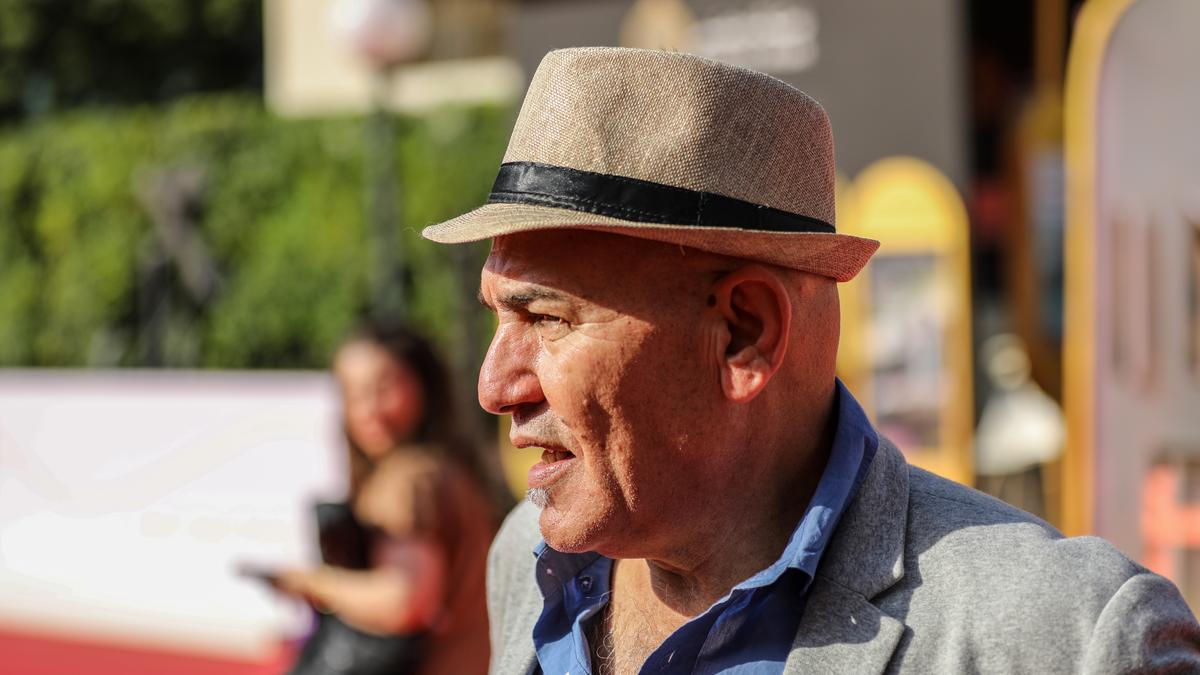
“Nobody can occupy the dreams of a people,” says Palestinian filmmaker Rashid Masharawi
The Hindu
From Ground Zero, a powerful anthology capturing the plight of Palestinians, faces censorship and rejection at film festivals worldwide.
The situation in Gaza, where 62-year-old Rashid Masharawi was born and raised in the Shati refugee camp, has spurred the filmmaker to produce From Ground Zero, an anthology of 22 short films that capture the plight of Palestinians under siege for over a year now.
From Ground Zero was screened this month at the 12th Ajyal Film Festival in Doha and at the Cairo International Film Festival, where Masharawi’s latest directorial, Passing Dreams, was the opening night title. The film is covering a lot of ground the world over. However, last month’s Dharamshala International Film Festival, dedicated to independent cinema, was denied “official permission” to screen the anthology. Earlier this year, the 77th Cannes Film Festival shunned the film because the organisers wanted to keep politics out of the official selection. In protest, Masharawi held a screening outside the festival venue and attended the event sporting a necktie made of the Palestinian keffiyeh.
Speaking on the sidelines of Ajyal, where From Ground Zero was part of a special exhibit, Masharawi asks: “Why was it cancelled [at Dharamshala]? Did they watch it or only saw its title before deciding that the film wasn’t fit for screening?” He quips: “Gandhiism is over but we still have it, not in India but elsewhere in the world (referring to the resistance and resilience of Palestinians fighting never-ending occupation).”
Immediately after a wave of Israeli attacks on Gaza began in October last year, Masharawi, who lives between Ramallah and Paris, set up a fund to help filmmakers from the region tell their stories. “It was easy for me to convince the young filmmakers to show the world what they are going through. For them, however, it wasn’t easy to follow my ideas,” he says, adding, “People want to save their lives. They want food and electricity as they move from one place to another as refugees inside Gaza.” Making cinema, Masharawi admits, wasn’t top priority for these young Gazans. But stories, he asserts, cannot wait. They have to be told.
From Ground Zero records the personal experiences of the filmmakers. It embraces various forms — fiction, documentary, cinematic experiments, animation, video art and even a story told with marionettes. “Every idea was welcome,” says Masharawi. “Our resources were seriously limited. We had to make do with what we had and innovate.”
The subjects that the anthology film deals with reflect the diversity of the directors. Among them are painters, theatre professionals, writers and filmmakers.
“The selection was focused more on the stories than on the personnel,” Masharawi continues. “I insisted that we should tell untold stories in an artistic way.”













